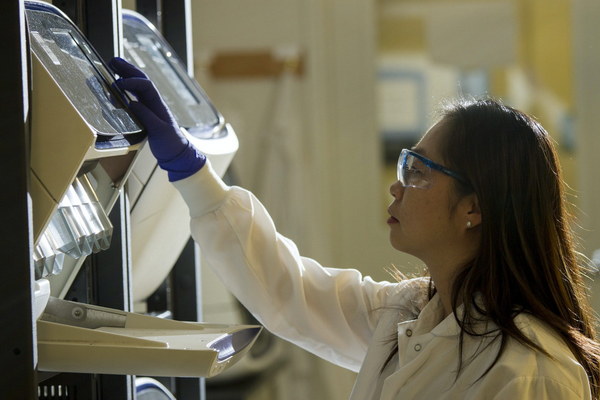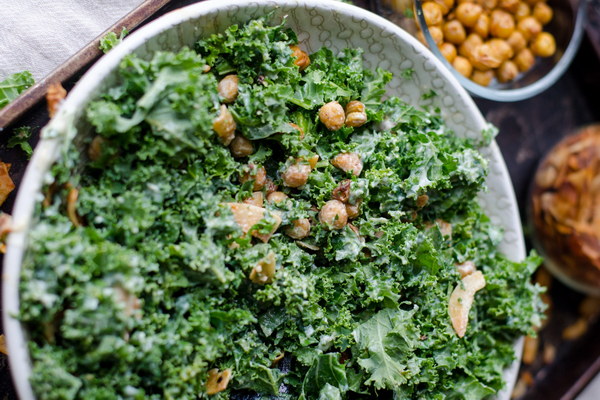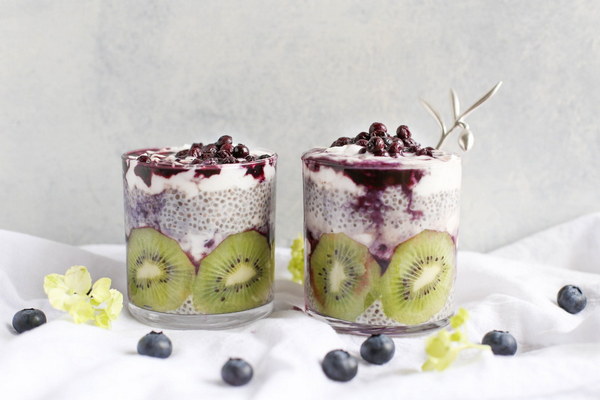Postpartum Nutrition A Comprehensive Guide to Replenishing and Revitalizing After Natural Childbirth
After the excitement and exhaustion of natural childbirth, your body requires time and proper nutrition to recover and replenish its energy reserves. Postpartum nutrition is crucial for both your physical and emotional well-being. Here's a comprehensive guide to help you navigate the journey of replenishing and revitalizing after a vaginal delivery.
1. Hydration is Key
Your body loses a significant amount of fluids during labor, so staying hydrated is essential. Aim to drink at least 8 to 12 glasses of water per day. If you're breastfeeding, you may need even more to produce milk. Herbal teas and broths are also great options, as they can help with digestion and replenish lost electrolytes.
2. Balance Your Macronutrients
A balanced diet that includes a variety of macronutrients is vital for postpartum recovery.
Proteins: Your body needs protein to repair tissues and boost immune function. Good sources include lean meats, fish, poultry, eggs, dairy, legumes, and nuts. Aim for about 65 to 100 grams of protein daily.
Carbohydrates: Carbs provide energy and help maintain blood sugar levels. Opt for whole grains, fruits, vegetables, and legumes for a steady release of energy.
Fats: Healthy fats are important for hormonal balance and overall health. Include avocados, nuts, seeds, fatty fish, and olive oil in your diet.
3. Fiber-Rich Foods for Digestive Health

Pregnancy and childbirth can disrupt your digestive system. Incorporate fiber-rich foods such as fruits, vegetables, whole grains, and legumes to help prevent constipation, which is common after delivery.
4. Vitamins and Minerals
Certain vitamins and minerals are crucial for postpartum recovery:
Iron: Helps prevent anemia, which is common after childbirth. Rich sources include lean red meat, poultry, fish, beans, lentils, and fortified cereals.
Calcium: Important for bone health and milk production. Dairy products, leafy greens, and fortified foods are great sources.
Vitamin D: Essential for bone health and immune function. Sunlight exposure is the best source, but you may also need to supplement.
Vitamin C: Boosts your immune system and aids in iron absorption. Citrus fruits, strawberries, bell peppers, and leafy greens are high in vitamin C.
5. Herbs and Supplements
Some traditional herbs and supplements are believed to aid postpartum recovery:
Red Raspberry Leaf: Often used to tone the uterus and support postpartum healing.
Burdock Root: Helps with liver detoxification, which is beneficial after childbirth.
Black Cumin Seed Oil: Has anti-inflammatory properties and may help with milk production.
Calcium and Magnesium: These minerals can help with sleep and muscle relaxation.
6. Manage Your Expectations
It's important to understand that your body has undergone significant changes. While you may want to bounce back quickly, give yourself permission to take it slow. It's normal to feel tired and have a slower metabolism for a while.
7. Seek Professional Advice
Consult with your healthcare provider about your specific nutritional needs. They can offer personalized advice based on your health status and any postpartum complications.
Conclusion
Recovery from natural childbirth is a process that requires patience and the right nutrition. By following these guidelines, you can support your body's healing and ensure that you have the energy and strength to care for your newborn. Remember, taking care of yourself is just as important as taking care of your baby.









